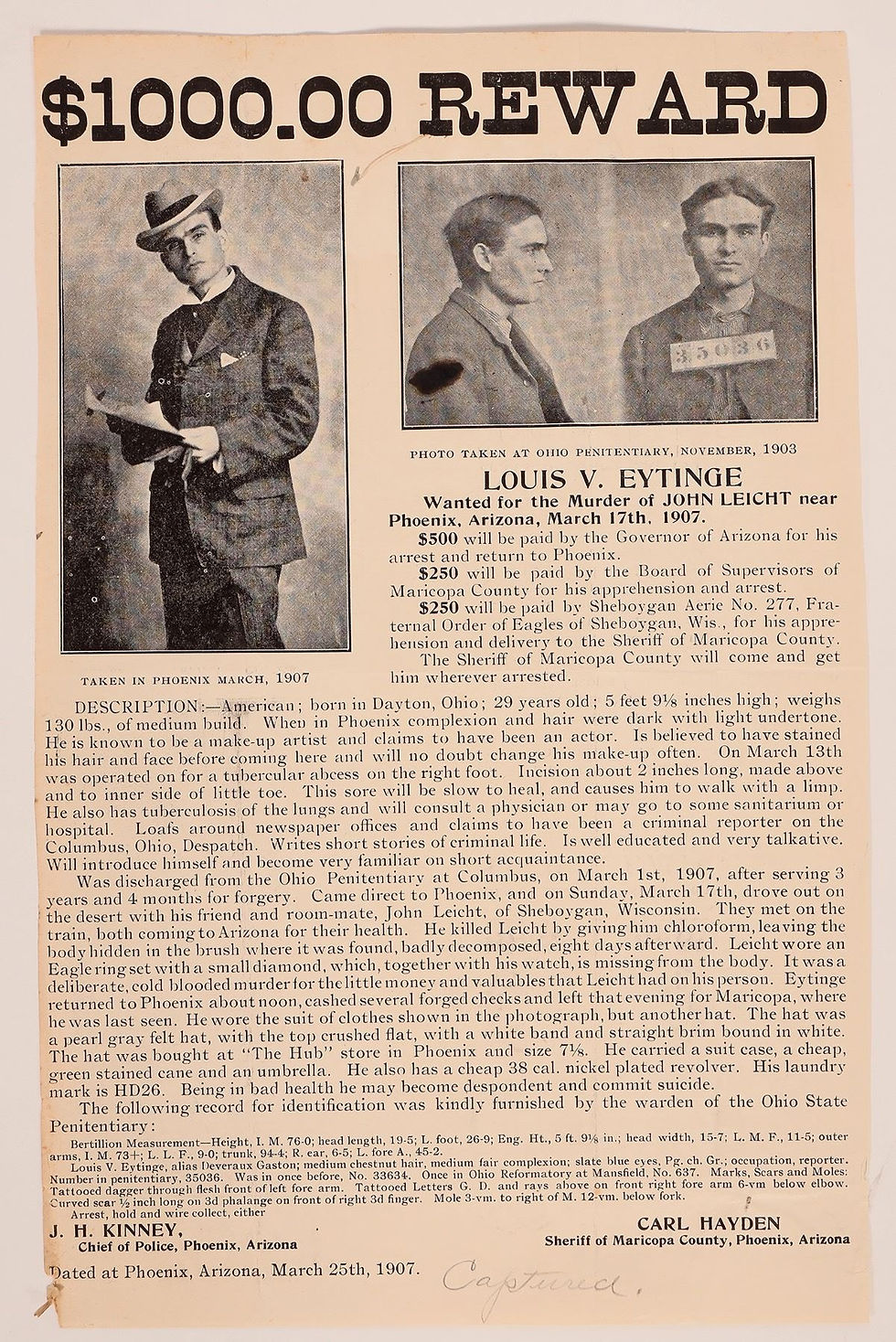The Politicization of the Old West
- David Grassé
- Jul 11, 2020
- 3 min read
Some might construe I dislike the old West due to my predilection, in my writing, for tearing down cherished legends. This would be a spurious assumption. What I dislike is the modern politicization of the old West to conform to the right-wing political agenda. One would think, in talking to modern old West afficiandoes, the the region was a bastion of religiously inclined, predominantly Anglo, gun-toting, uber-patriotic, political conservatives, dedicated to individualism and self-determination. One would also get the impression every man in the old West was a cowboy-gunfighter. This political co-opting of the old western culture of the United States is as much a distortion as the stuff one sees in Hollywood films, and, being a historian, I have no patience for it. Hate to disappoint all those people who have adopted this attitude, but the old West was not some Republican dream-land. In fact, most the Anglo cowboys were Southern Democrats, who came west after the Civil War, and it is estimated nearly half of them were either Hispanic or Black (and I am not even going to get in to the flipping of the part platforms during the New Deal era). Cowboys (even the appellation was derogative) were generally reviled, being young, belligerent, poorly-educated, foot-loose men, who contributed little to the "civilizing" of the region. Many of them were borderline criminals. If one peruses the historical territorial prison records, one finds a significant number of the inmates formerly worked as "cowboys." Most the westerners whose names are remembered today - "Buffalo Bill" Cody, Bat Masterson, "Wild Bill" Hickock, Bass Reeves, Luke Short - were not cowboys, but lawmen, entrepreneurs, and gamblers - townfolk, who had little use for the cowboy. Wyatt Earp, arguably the best-known westerner today, never worked as a cowboy, but, in fact, was engaged, with his brothers (who also never worked as cowboys) in a feud against the cowboy element in the Arizona territory. The only westerner who did work as a cowboy, and who is generally known today, is Henry "Billy the Kid" McCarty, and he is much more famous for his criminal activities than being a cowboy.
Further, the whole idea of the "self-determining individualist" was as big a fraud then as it is now. In fact, they even had a name for it "The Horatio Alger Myth (based on a hokey series of novels by said author about poor youths becoming captains of industry through hard-work and perseverance). In fact, if not for Eastern capital and government intervention in the development of the railroads, mining, the cattle industry, watershed management, etc., the west would still be an arid wasteland. "Riding for the brand" is a Hollywood invention. Most cowboys were seasonal laborers, hiring on to big cattle companies owned by Eastern and European investors, The famed Aztec Land and Cattle Company, a.k.a. The Hashknife, of Arizona Aztec was incorporated in New York in 1885 by a group of investors led by Edward Kinsley. The so-called "cattle barons" were few and far between. Lastly, the religious, conservative ideology was what finally drove the last nail in the casket of the old West. With the increase in rail transportation, the west became more settled, and these new arrivals sought to transform the wild west in to a mirror image of the civilized east. Today, the "Progressive" is equated with liberal politics but, back then, it was arem applied to various political and social reform groups. The latter groups (such as the Anti-Saloon League, the Women's Christian Temperance Movement, the Salvation Army) tended to be staunchly religious and politically conservative. Systematically, and methodically these groups deconstructed all that had made the west wild. By draconian legislative acts, they closed the opium dens, the brothels, the gambling halls, the saloons, and finally, banned alcohol altogether (the Prohibition Act of 1920). Basically, this modern politicization of the old West by the right wing just another mythological construct - a spurious fabrication - with absolutely no basis in historical fact. This is why I have no use for these readers of Cowboys & Indians magazine, B-Western movie makers, and historical novelists who adhere slavishly to this politized ideal. There was no "Code of the West." It is all lies, and, as a self-respecting historian, I cannot and will not abide lies







Comments